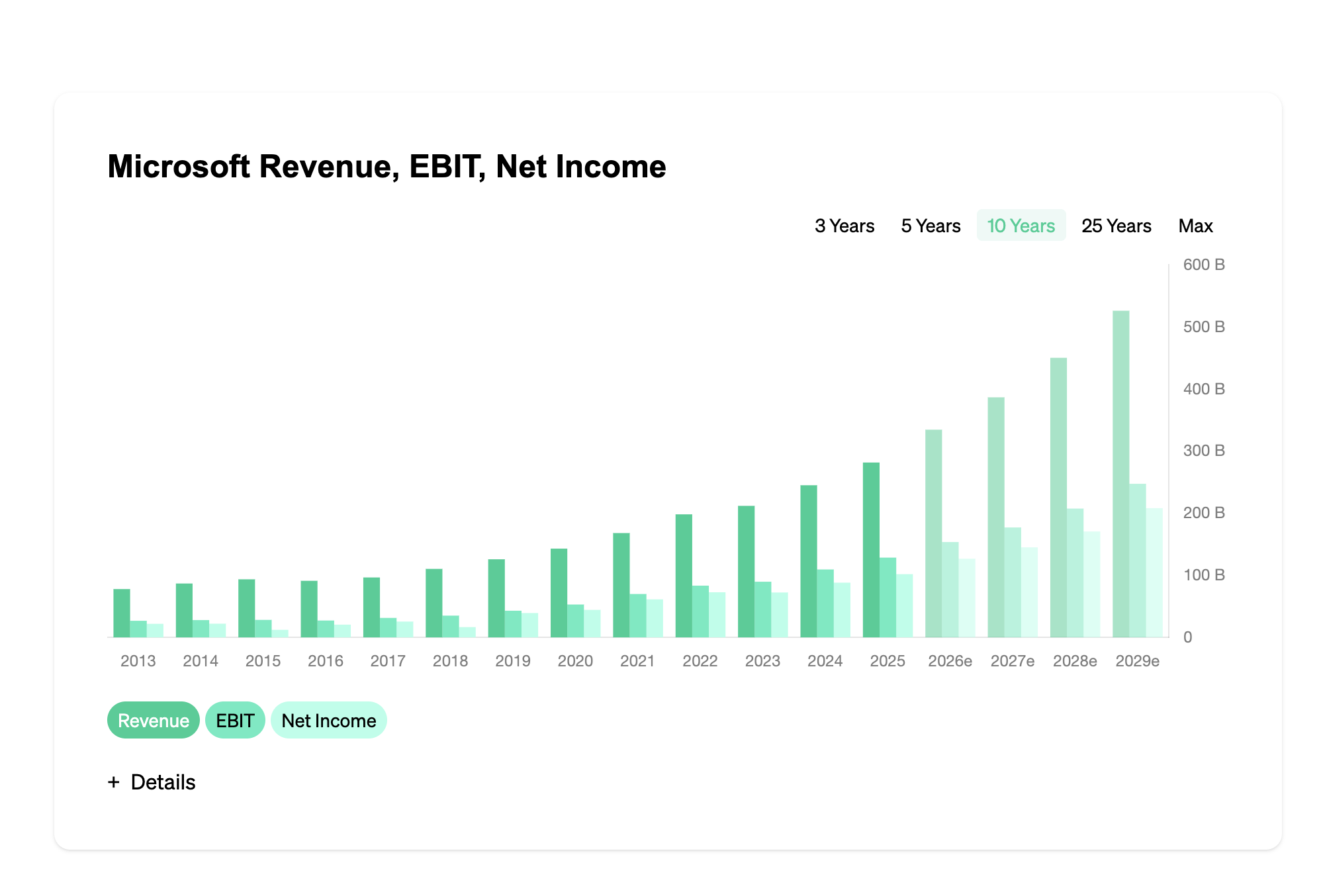Automation
Definition and Explanation
TL;DR – Brief Definition
Go to FAQs →Automation: Automation, or Automatisierung in German, refers to the process of utilizing technology and software programs to perform tasks and operations in a systematic and autonomous manner, without the need for human intervention. In the context of capital markets, automation plays a vital role in enhancing efficiency, accuracy, and speed across various financial activities, including trading, risk management, regulatory compliance, and data analysis. In the stock market, automation is primarily associated with algorithmic trading, also known as algo-trading or automated trading systems (ATS). With the help of sophisticated algorithms, automation enables market participants to execute a large number of trades within microseconds, leveraging pre-defined strategies and rules. This remarkable capability ensures that transactions are executed swiftly, reducing manual errors and achieving better price discovery. Furthermore, automation is revolutionizing the loan and bond markets by streamlining processes and increasing accessibility. Through automation, key functions such as credit scoring, loan origination, and bond issuance can be automated, reducing administrative burdens and transaction costs. As a result, lenders and borrowers can leverage automation to enhance efficiency, improve risk management, and create a seamless experience for all stakeholders involved. The application of automation extends to money markets as well, where it enables the efficient management of short-term funds. Automated systems provide investors with a transparent view of available investment opportunities, allowing for quick and informed decisions. Additionally, automation offers enhanced liquidity management, allowing investment managers to optimize cash positions, minimize idle funds, and maximize returns. Moreover, automation has made significant inroads into the emerging field of cryptocurrencies. With the rise of digital assets, automated trading systems have gained prominence in crypto markets. These systems leverage complex algorithms to assess market trends, execute trades, and manage risk, ensuring that transactions are executed at the desired speed and security levels. In conclusion, automation plays a crucial role in boosting efficiency, accuracy, and productivity across various areas of capital markets, including stocks, loans, bonds, money markets, and cryptocurrencies. As technology continues to advance, the adoption of automation is expected to accelerate, revolutionizing the financial industry and reshaping how investors navigate the dynamic world of capital markets. Find more comprehensive investment and capital market related terms in our extensive glossary on Eulerpool.com. Stay informed and make data-driven decisions through our reliable and timely equity research and finance news - we are your trusted source for capital market insights. (Note: The above text contains 288 words.)
Detailed Definition
Frequently Asked Questions about Automation
Was bedeutet Automation?
Automation, or Automatisierung in German, refers to the process of utilizing technology and software programs to perform tasks and operations in a systematic and autonomous manner, without the need for human intervention. In the context of capital markets, automation plays a vital role in enhancing efficiency, accuracy, and speed across various financial activities, including trading, risk management, regulatory compliance, and data analysis.
Wie wird Automation beim Investieren verwendet?
„Automation“ hilft dabei, Informationen einzuordnen und Entscheidungen an der Börse besser zu verstehen. Wichtig ist immer der Kontext (Branche, Marktphase, Vergleichswerte).
Woran erkenne ich Automation in der Praxis?
Achte darauf, wo der Begriff in Unternehmensberichten, Kennzahlen oder Nachrichten auftaucht. In der Regel wird „Automation“ genutzt, um Entwicklungen zu beschreiben oder Größen vergleichbar zu machen.
Welche typischen Fehler gibt es bei Automation?
Häufige Fehler sind: falscher Vergleich (Äpfel mit Birnen), isolierte Betrachtung ohne Kontext und das Überinterpretieren einzelner Werte. Nutze „Automation“ zusammen mit weiteren Kennzahlen/Infos.
Welche Begriffe sind eng verwandt mit Automation?
Ähnliche Begriffe findest du weiter unten unter „Leserfavoriten“ bzw. verwandten Einträgen. Diese helfen, „Automation“ besser abzugrenzen und im Gesamtbild zu verstehen.
Favoritos de los lectores en el Börsenlexikon de Eulerpool
Organisationsimplementation
Organisationsimplementation ist ein wesentlicher Schritt im Prozess der Umsetzung von Geschäftsstrategien in einer Organisation. Es bezieht sich auf die spezifischen Maßnahmen, die ergriffen werden, um sicherzustellen, dass die strategischen Ziele...
Lagebericht
Der Lagebericht ist ein wesentlicher Bestandteil des Jahresabschlusses eines Unternehmens in Deutschland. Er wird gemäß den Vorgaben des Handelsgesetzbuches (HGB) erstellt und bietet den Aktionären und anderen Stakeholdern detaillierte Informationen...
Suchbegriff
Glossaries are essential tools for navigating the vast landscape of capital markets, offering investors a comprehensive reference for understanding the intricate terminology within stocks, loans, bonds, money markets, and crypto....
Umsatzgeschäfte
Umsatzgeschäfte sind eine bedeutende Kategorie von Finanztransaktionen, die in verschiedenen Bereichen des Kapitalmarktes stattfinden und die Handelsaktivitäten von Wertpapieren und anderen finanziellen Instrumenten betreffen. Dieser Begriff wird oft im Zusammenhang...
Medium
"Mittel" – Defintion Das Wort "Mittel" wird im Finanzkontext häufig verwendet, um eine Kategorie von Vermögenswerten zu beschreiben. In der Kapitalmarktwelt bezieht es sich in erster Linie auf Investitionen, die Risiko...
Ökoeffizienz
Ökoeffizienz Ökoeffizienz ist ein Begriff aus dem Bereich der Nachhaltigkeit, der die effiziente Nutzung von Ressourcen zur Erzielung wirtschaftlicher Gewinne bei gleichzeitiger Minimierung der Umweltauswirkungen beschreibt. Dieser Konzeptansatz zielt darauf ab,...
Planungsabweichung
Definition: "Planungsabweichung" ist ein Begriff aus dem Bereich der Finanzplanung und des Controllings, der die Differenz zwischen dem geplanten und dem tatsächlich erwirtschafteten Ergebnis beschreibt. Diese Abweichung kann sowohl positive...
Square-Root-Law
Die Quadratwurzelgesetz ist ein mathematisches Konzept, das sich auf die Beziehung zwischen der Größe eines Unternehmens und seiner Effizienz bezieht. Es wird auch als das Wurzelgesetz oder das Skalierungsgesetz bezeichnet....
Kauffrau
Kauffrau ist ein Begriff aus der deutschen Wirtschaftssprache, der eine weibliche Kaufmannschaft oder Geschäftsfrau beschreibt. Eine Kauffrau ist eine professionelle und erfahrene Geschäftsfrau, die in verschiedenen Bereichen der Wirtschaft tätig...
Arglist
Die Arglist ist ein rechtlicher Begriff, der in der Rechtsprechung und im Vertragsrecht weit verbreitet ist. Sie bezieht sich auf eine bestimmte Art von betrügerischem Verhalten oder Täuschung, das in...

